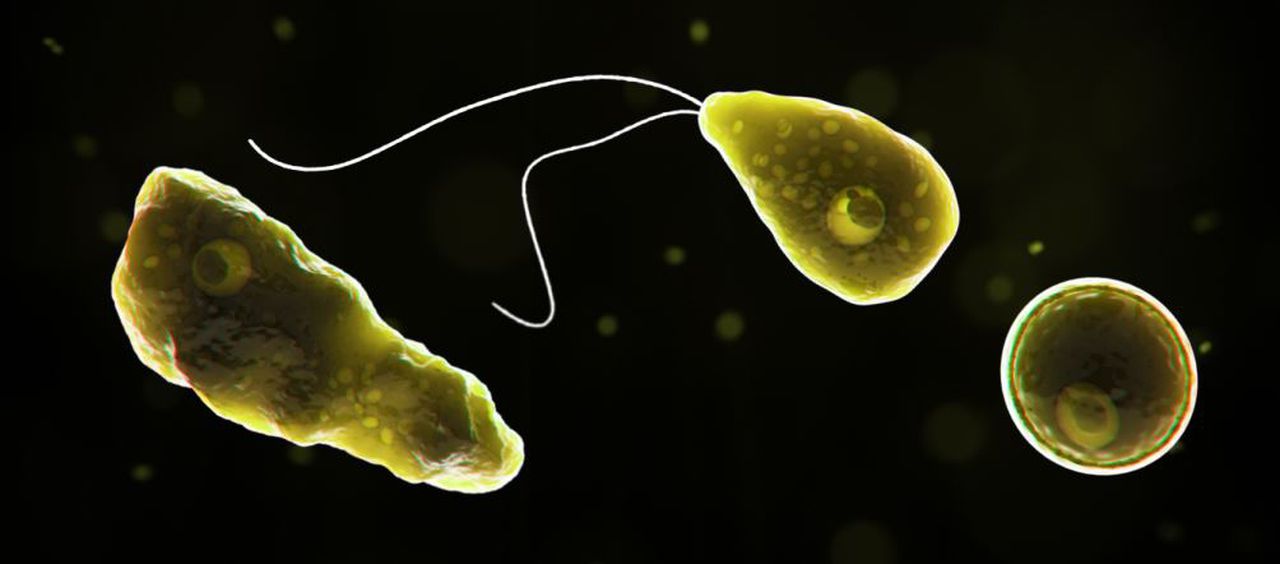Florida person contracted ‘brain-eating’ amoeba rinsing sinuses: How to avoid the deadly infection
A neti pot is a popular thing for people with allergies or chronic sinus issues. But, as a recent case in Florida shows, it’s important to follow safety precautions.
The Florida Department of Health in Charlotte County has confirmed a case of Naegleria fowleri, possibly as a result of using tap water to rinse sinuses. Naegleria fowleri, sometimes referred to as the “brain-eating amoeba,” is a microscopic single-celled living organism that causes an infection after contaminated water enters the body through the nose. You cannot be infected by drinking tap water, health officials said.
Brain infections from Naegleria fowleri, officially known as primary amebic meningoencephalitis, or PAM, destroys brain tissue and usually results in death. Of the 153 people known to be infected in the U.S. from 1962-2021, only four have lived
To help protect yourself, health officials are advising people to use distilled or sterile water when rinsing their sinuses and to seek immediate medical attention if they experience symptoms of a brain eating amoeba. Symptoms include:
- Headache
- Fever
- Nausea
- Disorientation
- Vomiting
- Stiff neck
- Seizures
- Loss of balance
- Hallucinations
Here are tips for protecting yourself from an infection:
- When making sinus rinse solutions, use only distilled or sterile water. Tap water should be boiled for at least 1 minute and cooled before sinus rinsing.
- Do not allow water to go up your nose or sniff water into your nose when bathing, showering, washing your face, or swimming in small hard plastic/blow-up pools.
- Do not jump into or put your head under bathing water (bathtubs, small hard plastic/blow-up pools) – walk or lower yourself in.
- Do not allow children to play unsupervised with hoses or sprinklers, as they may accidentally squirt water up their nose. Avoid slip-n-slides or other activities where it is difficult to prevent water going up the nose.
- Keep small hard plastic or blow-up pools clean by emptying, scrubbing, and allowing them to dry after each use.
- Keep your swimming pool adequately disinfected before and during use.
